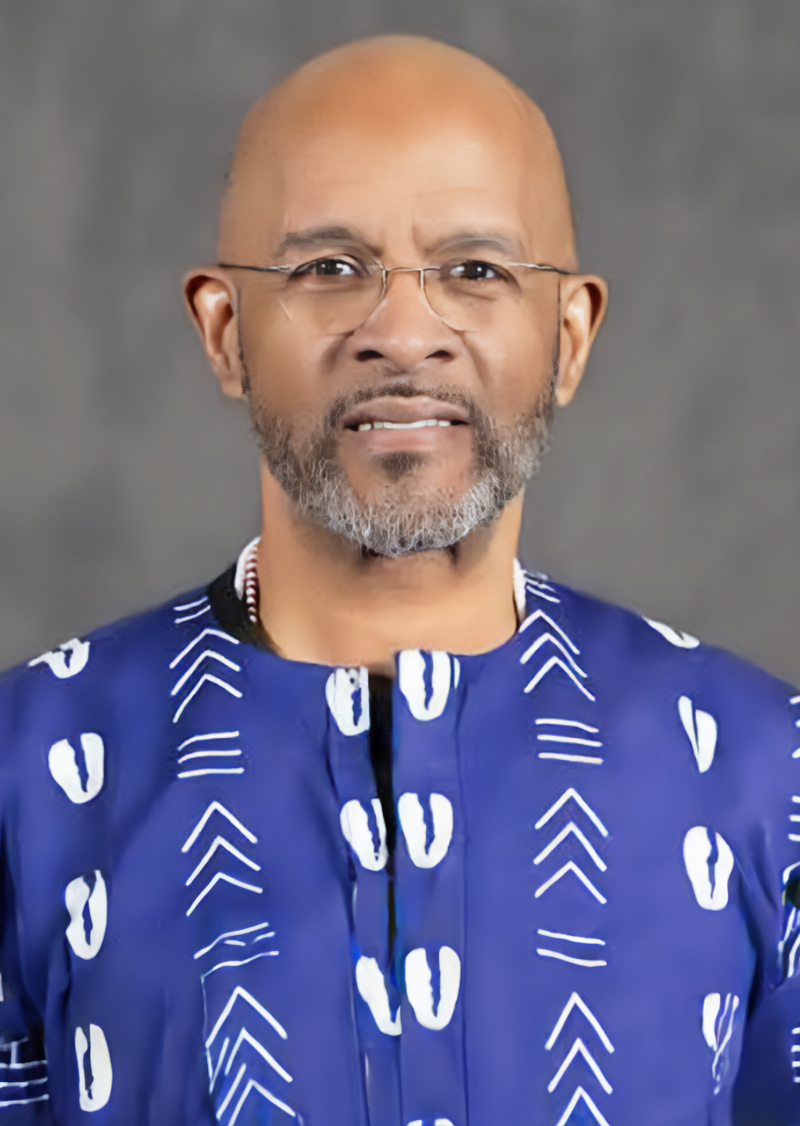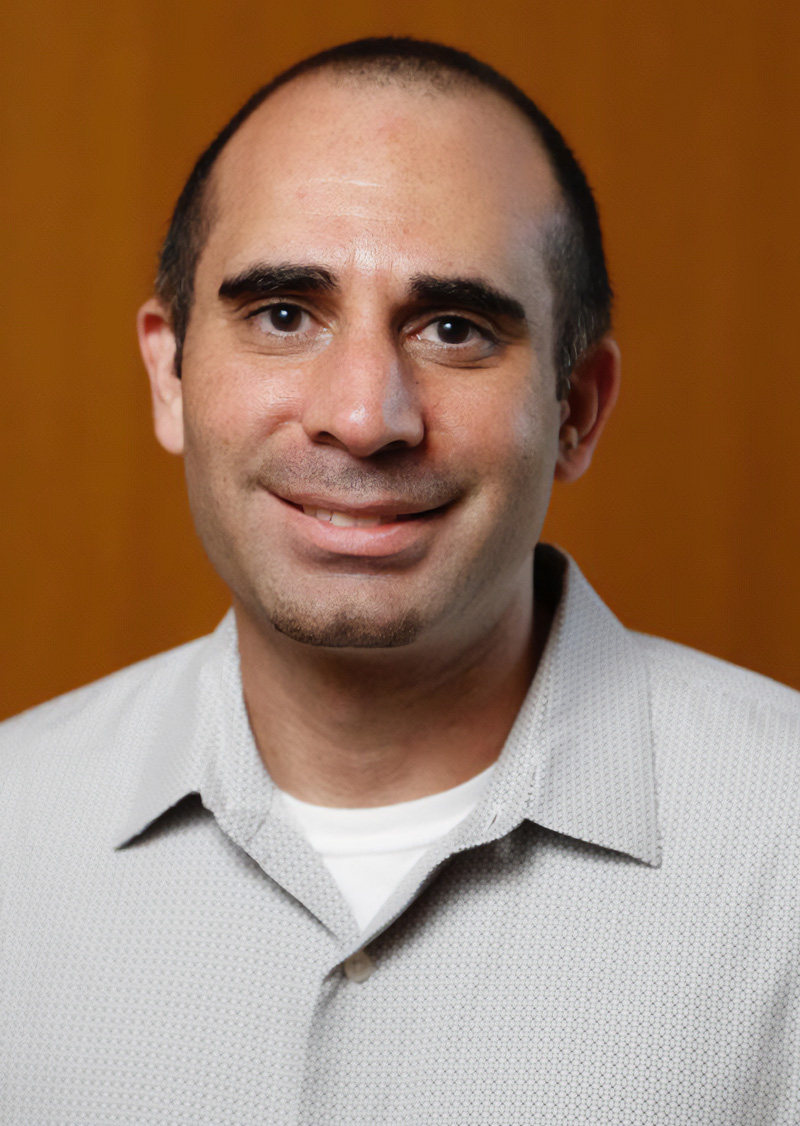Meet new faculty members Professors Kefentse Chike and Navid Farnia
Welcoming new faculty members with diverse backgrounds, experiences and knowledge significantly contributes to the growth and success of the department. Their contributions have already had a positive impact on the important work being done.
Professor Kefentse Chike
Raised in Detroit, Kefentse K. Chike is an assistant professor of teaching of African American studies. Kefentse first realized a passion for Black studies during his senior year at Wayne State in 1995. He went on to earn two graduate degrees in African American studies.
Intent on helping others, Kefentse returned to Wayne in 2007 as an adjunct lecturer. His passion for teaching is fueled by his community activism and the fact that Black studies grew out of student and community engagement. Kefentse eagerly works to bridge the chasm that exists between academia and his community.
Kefentse became a full-time faculty member in the Department of African American studies in January 2020. His current status affords ample opportunities to do what he loves. In addition to teaching courses such as "Introduction to African American Studies" and "African American Culture," Kefentse serves as the coordinator of the African American Students Matter 2 Learning Community, conducts student recruitment programs and teaches dual enrollment classes in Detroit area high schools. Kefentse is the faculty advisor to the Black Student Union and represents the department on a host of university committees designed to promote community outreach, student engagement and student success.
Professor Navid Farnia
Navid Farnia is in his second year in the Department of African American studies at Wayne State. Dr. Farnia’s research broadly explores the relationship between racial oppression in the United States and U.S. imperialism. He is currently working on his first book, "National Liberation in an Imperialist World: Race, Counterrevolution, and the United States," which traces the U.S. national security state’s evolution by examining how U.S. officials responded to national liberation movements at home and abroad from the 1950s to 1980.
The book looks at several cases, including the Cuban Revolution, the 1960s Black urban rebellions, the Vietnam War, the Black Panther Party, the siege at Wounded Knee and Zimbabwe’s independence struggle. In doing so, it highlights the interrelated strategies the United States used to export racial oppression while importing the violent machinations of its global empire.
Last summer, Dr. Farnia traveled to Africa, where he participated in international conferences in Ghana and South Africa. In Ghana, Dr. Farnia attended a conference organized by the Association for the Study of the Worldwide Diaspora. He presented on Pan-Africanism and anti-imperialism. He attended the African Bar Association conference in South Africa, where he gave a talk on the debilitating and inhumane impact of U.S. and European sanctions against Global South countries. Sanctions, he argued, are a form of economic warfare.
At Wayne State, Dr. Farnia has taught classes on pan-Africanism and politics and culture in the Caribbean. He has also taught "Race, Policing, and Warfare," a course based on his research interests that considers histories of police violence and military conquest together. Dr. Farnia is currently teaching the "Intro to African American Studies" class. He hopes to offer a course called Histories of Colonialism in the fall.
Dr. Farnia has also helped organize events of intellectual and political interest to students and the larger community. In December 2023, he moderated an event on Black-Palestinian solidarity at Detroit’s General Baker Institute.